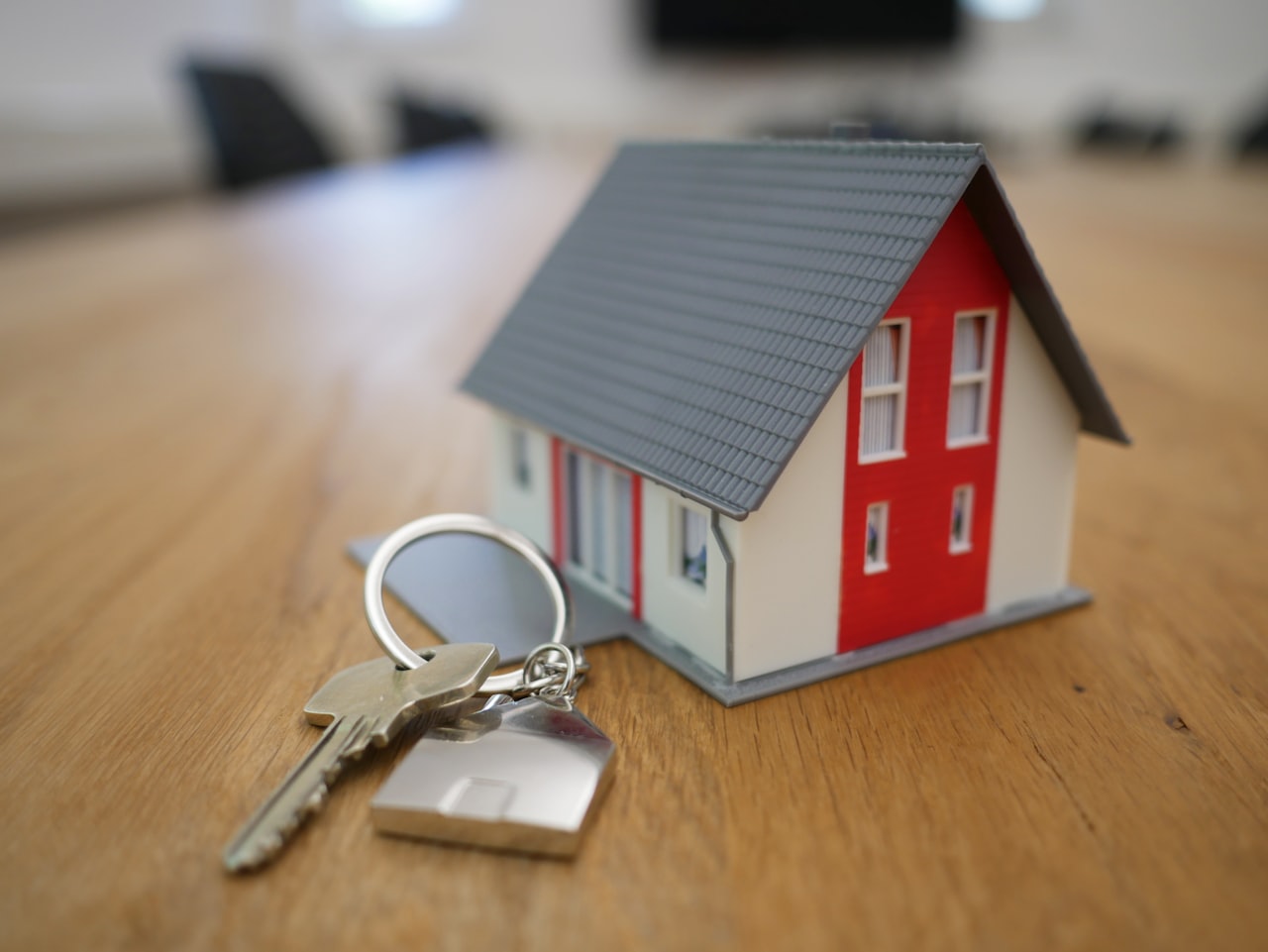The Pros and Cons of Renting vs. Buying
The age-old dilemma of renting versus buying a home is a decision that carries significant financial and lifestyle implications. Both options have their merits and drawbacks, making it essential for prospective homeowners to weigh the pros and cons before making a choice. In this guide, we'll provide a comprehensive analysis of renting and buying, helping you make an informed decision that aligns with your goals and circumstances.
Renting: Pros and Cons
Pros:
-
Flexibility: Renting offers flexibility, allowing you to relocate more easily for work, family, or other reasons without the commitment of selling a property.
-
Lower Initial Costs: Renting typically requires a smaller upfront financial commitment, including security deposits and initial rent payments.
-
Minimal Maintenance Responsibilities: Landlords are usually responsible for property maintenance and repairs, relieving you of unexpected expenses.
-
Short-Term Financial Commitment: Renting provides a shorter-term financial commitment, which can be advantageous if you're uncertain about your future plans.
Cons:
-
Limited Equity: Renting doesn't build equity or offer the potential for long-term wealth accumulation through property appreciation.
-
Lack of Control: Renters have limited control over the property, including restrictions on customization or renovations.
-
Rising Rents: Rent prices can increase over time, making it challenging to anticipate long-term housing costs.
Buying: Pros and Cons
Pros:
-
Building Equity: Homeownership allows you to build equity over time as you pay down your mortgage and benefit from property appreciation.
-
Long-Term Investment: Real estate can be a valuable long-term investment, potentially yielding financial gains when you decide to sell.
-
Personalization: As a homeowner, you have the freedom to customize and personalize your living space according to your preferences.
-
Stable Housing Costs: Fixed-rate mortgages provide predictability in monthly housing costs, shielding you from rising rent prices.
Cons:
-
Higher Initial Costs: Buying a home requires a significant upfront financial commitment, including a down payment, closing costs, and potential maintenance expenses.
-
Maintenance Responsibility: Homeowners are responsible for property maintenance and repairs, which can incur unexpected costs.
-
Lack of Flexibility: Owning a home can limit your mobility, making it more challenging to relocate quickly.
-
Market Fluctuations: Property values can fluctuate, potentially affecting the value of your investment.
Making the Decision
The decision to rent or buy ultimately depends on your individual circumstances, financial goals, and lifestyle preferences. Consider factors such as your long-term plans, financial stability, local real estate market conditions, and personal priorities.
If you value flexibility and lower initial costs, renting might be the right choice. On the other hand, if you prioritize building equity, stability, and personalization, homeownership could be more appealing.
It's crucial to carefully assess your financial situation, evaluate your goals, and consult with financial advisors and real estate professionals. By weighing the pros and cons of renting versus buying, you can confidently make a decision that aligns with your aspirations and secures your future.
